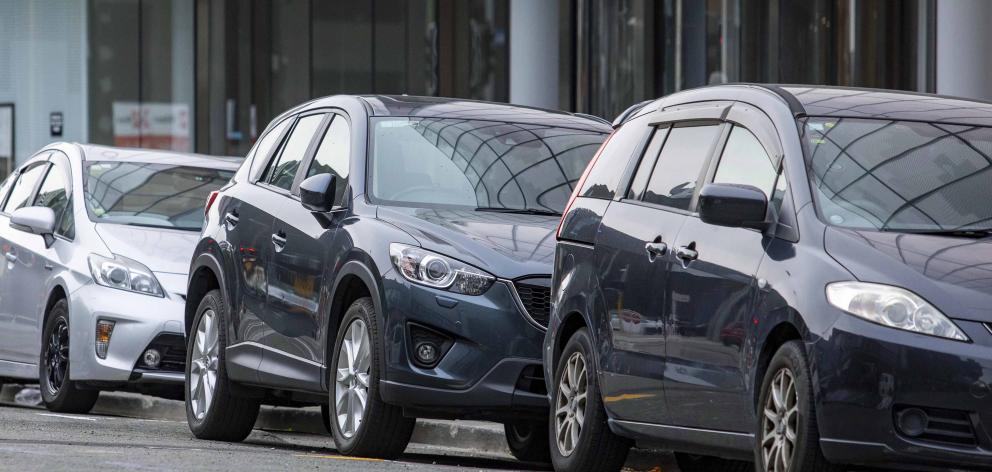
They should be under no illusion providing a paltry amount of car parking will meet the needs of the city, and their failure to articulate who is in charge of ensuring there is enough is worth noting.
Let us be clear about where the responsibility lies.
It is a hospital the Government determined must be built, and building it is the Ministry of Health’s project.
We point this out because the ministry provided a provocative statement that we might charitably put down to a failure to understand what can or should be achieved by parties on the fringe.
The ministry was committed to parking around the hospital being no worse than the current set-up (a minimum of 250 parks) but parking for the public was not really its concern.
This is an interesting attitude from what is normally a public-spirited outfit.
What is unfair is for the ministry to imply it might be the job of the organisations behind the Shaping Future Dunedin Transport programme to make up for the hospital project’s trivial contribution to public parking, should such compensation be necessary.
The programme’s partners — the Dunedin City Council, Otago Regional Council and Waka Kotahi New Zealand Transport Agency — are already staring at extraordinary transport bills to offset the impact of the hospital being built.
It is hardly fair of the ministry to create an expectation they may like to do even more.
Suggesting public car parking is out of scope for the hospital project team is a curious way to frame the issue. The ministry, no doubt, has an intriguing notion of how hospital staff, patients and visitors fit with this public.
Senior ministry staffers should know from current experience providing meagre parking is to effectively allow a shortfall of what is needed.
A modern hospital must be supplemented by proper access to it.
Access is crucial to the overall success of the venture.
We are told that, although the new hospital will be similar in size to the existing one, its design and use of the latest technology will mean greater efficiency and an enhanced patient and staff experience.
It’s lovely the design of facades and windows will support thermal efficiency and that there will be bike parks and charging points for electric vehicles, but why is car parking excluded from the above-mentioned enhanced experience?
The most encouraging thing about the ministry’s commitment to a minimum of 250 parks is the word minimum.
This suggests that, although project leaders have so far regarded parking as an after-thought, they have given themselves room to be more ambitious.
Perhaps the parking problem is an opportunity to make another shovel-ready project happen.
At the moment, it looks a lot like the ministry is trying to shovel responsibility on to places where it does not naturally lie.
However, a certain decision the Government made last year makes clear it is prepared to broker practical solutions for "parking woes", at least in cities north of Dunedin.
Colleagues of Minister for Christchurch Regeneration Dr Megan Woods may reflect on the sentiments she offered when announcing there would be 1000 new car parks for Christchurch Hospital.
Dr Woods said she really felt for people who, at difficult times in their lives, had to endure parking situations that were less than ideal.
"The new facilities will be conveniently close to the hospital for both day patients and visitors," she said.
"I am also pleased about the additional parking space for hospital staff. They do an amazing job and their safety is paramount."
That sounds like a template for how Dunedin Hospital patients, visitors and staff should be treated.












